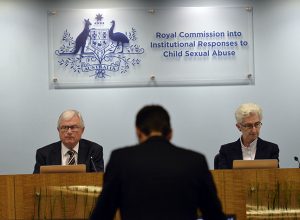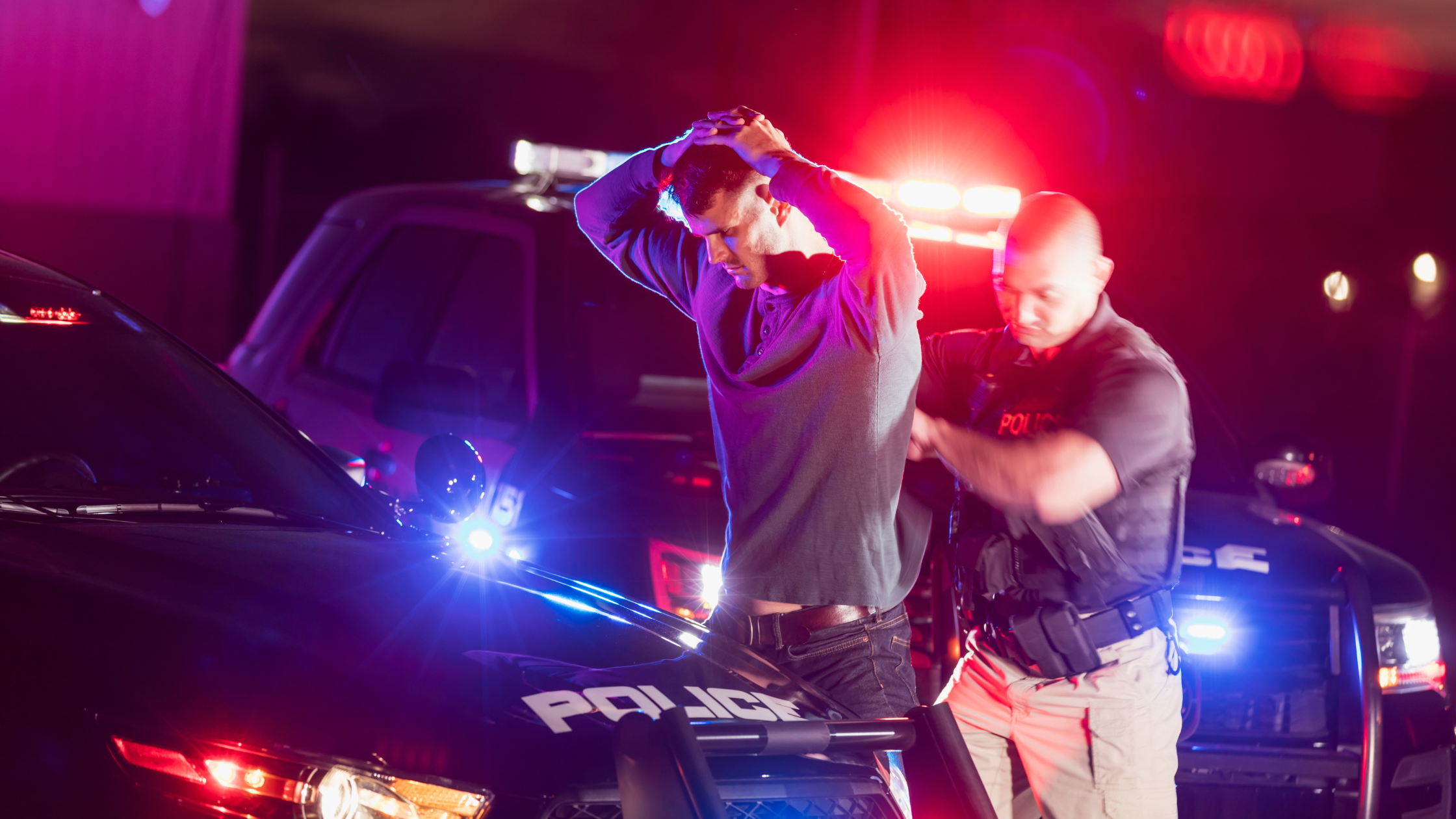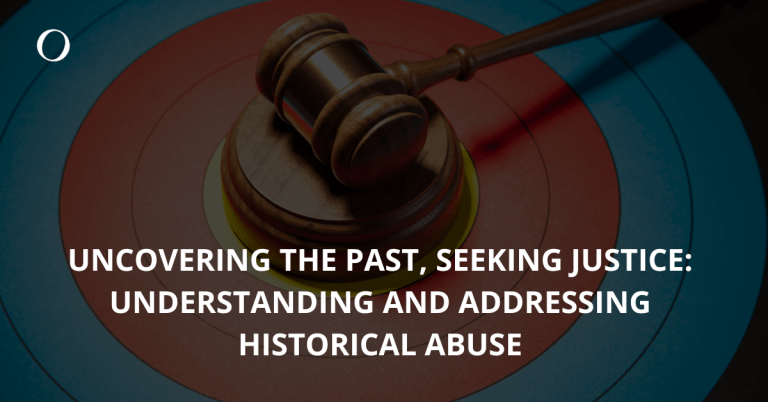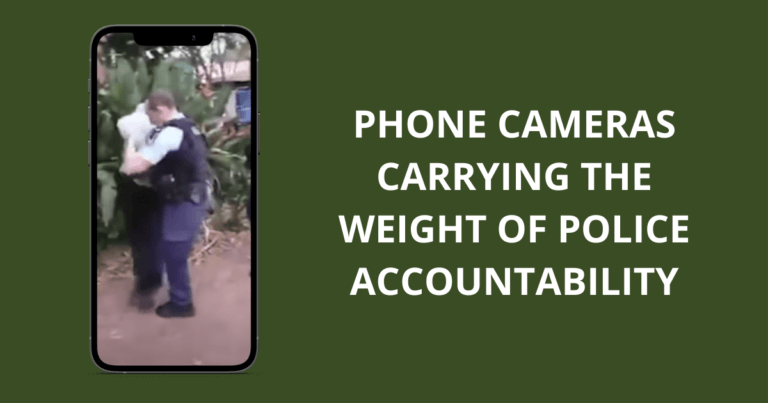In recent days the Victorian government passed an Australian-first piece of legislation that signals a huge reform in how child abuse cases are to be prosecuted. Entitled the Wrongs Amendment (Organisational Child Abuse) Act 2017, it has the effect of reversing the onus of proof onto organisations accused of failing to prevent child abuse.
Child abuse victim no longer has burden of proof
This means that if you are a victim of abuse seeking to sue Victorian organisations that employed the abusers, you no longer need to prove that the organisation failed to take any precautions in preventing the abuse. Rather, the burden is now on the accused organisation to prove that they took measures to prevent it.
‘Organisations’ includes churches, community groups as well as teachers and government authorities that look after children.
In effect, this law greatly contributes to levelling the legal playing field. That playing field ordinarily saw individual victims heavily disadvantaged against larger, more powerful organisations.
Institutions seek to protect their own
A key lesson to take away from the two recent Royal Commissions concerning child abuse is as follows.
that it is too simple for institutions to deny liability by denying knowledge and forcing the abused to establish knowledge of the abuse or the abuser’s past behaviour that ought to have sent red flags to the organisation.
It has also become painfully apparent that many institutions sought to protect their own reputation or that of their membership. They did this by concealing the abuser’s behaviour and protecting the abuser whilst simultaneously alienating and ostracising the abused. This loaded the pain and suffering of those survivors of abuse.

It has been notoriously difficult for victims to prove that institutions broke the duty of care they owed them. Even if those institutions accept that they owed a duty in the first place. This has lead to many victims settling their proceedings with inadequate and meagre settlements. For the community and particularly for the victims and their families, this new law helps to remedy this clearly unjust state of affairs.
In the future, we hope that other States and Territories also take note of the lessons from the these Royal Commissions and the example that Victoria has set with its new legislation.
The buck must stop with the men and women who have the power to prevent threats to child safety.
If you want more information about the Royal Commissions mentioned above, see the Royal Commission into Institutional Responses to Child Sexual Abuse here, and the Royal Commission into the Protection and Detention of Children in the Northern Territory here.





